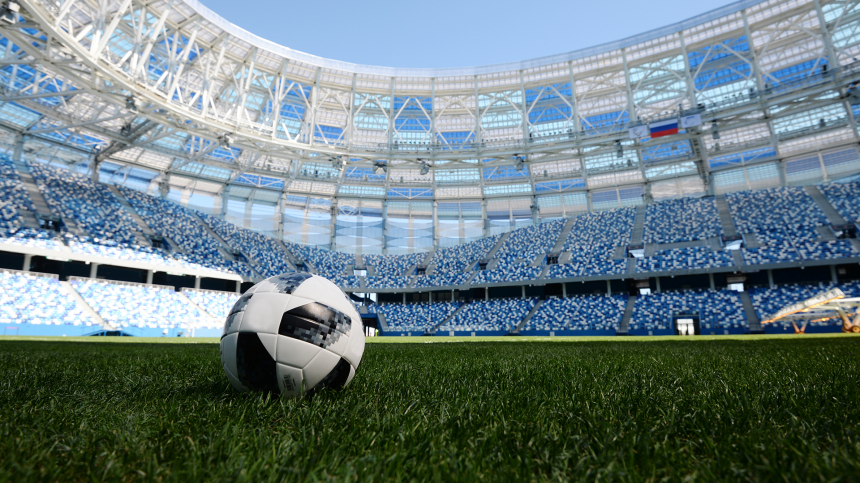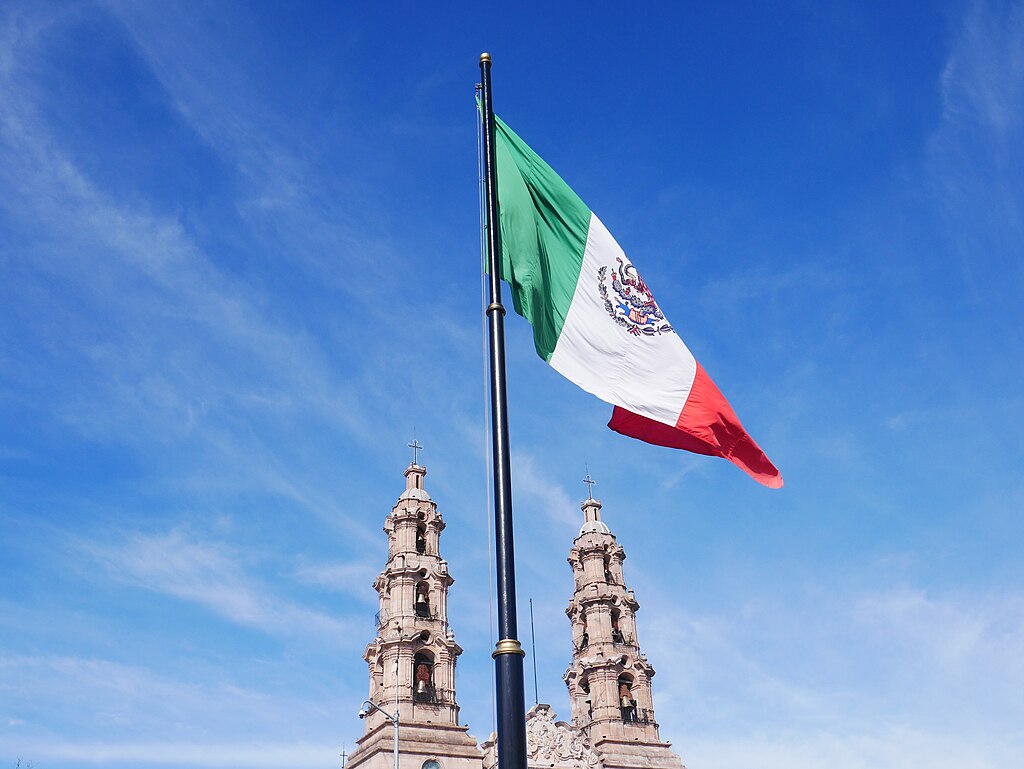Starmer's Visit Sparks Diplomatic Movements
A crucial visit by UK Prime Minister Keir Starmer to Ukraine is marked by explosive events, highlighting geopolitical tensions and future strategic alliances amidst the Russian aggression.
Published January 17, 2025 - 00:01am

Image recovered from washingtonexaminer.com
In a significant diplomatic mission, UK Prime Minister Keir Starmer visited Ukraine amidst a backdrop of drone activities and security discussions, marking his first stint to the war-torn nation since assuming office. Starmer's visit underscored the UK's commitment to forging a long-lasting alliance with Ukraine, a pledge made more robust by the signing of a historic 100-year partnership agreement. This accord encompasses crucial aspects such as defense reinforcement, cybersecurity resilience, and scientific advancements. The gesture reaffirms the UK's stance as a steadfast ally of Ukraine amidst the ongoing conflict with Russia.
The visit came amidst reports of Russian drones being neutralized near Kiev, a stark reminder of the persistent tensions near Ukraine's capital. Ukrainian President Volodymyr Zelensky, alongside Keir Starmer, paid homage to the nation's war heroes, emphasizing the ever-present threat Ukraine faces from its eastern neighbor. Zelensky's determined response to the drone incident reflects Ukraine's enduring resilience and its resolve to fortify defense mechanisms. This sentiment is echoed in the UK's just-concluded agreement with Ukraine, aimed at safeguarding Ukraine's future.
Beyond security collaboration, the agreement symbolizes the intertwining cultural and economic ties between the two countries. Starmer's discussions with Zelensky went beyond immediate military concerns, venturing into areas such as healthcare, space exploration, and agro-technology. These discussions highlight a joint commitment to revitalizing Ukraine's post-war economy, creating a roadmap for sustainable growth beyond the current geopolitical crises.
This mission, however, comes against a complex international backdrop. As Starmer articulates UK's solid stance and expanding bilateral relations with Ukraine, President-elect Donald Trump's imminent inauguration casts new uncertainties over international support dynamics. Trump's administration has suggested a different approach to the conflict, potentially favoring negotiation over prolonged military support. This divergence in diplomatic tactics could either challenge or complement efforts like those by the UK, especially concerning sustaining military aids amounting to nearly £13 billion to date.
Amidst these diplomatic endeavors, European nations continue grappling with the fallout of the energy stand-off between Russia and Ukraine. After the attack on the Turkish Stream pipeline, Russia's targeting of Ukrainian infrastructure was seen as retaliatory, intensifying the energy crisis in Europe. As gas prices soar and supplies dwindle, EU nations find themselves at a crossroads, caught between seeking energy independence from Russia and confronting the logistical challenges of securing LPG from alternative sources like the US, often at a significantly higher cost.
This energy dilemma underscores broader geopolitical complexities, as Europe's reliance on Russian energy remains a crucial point of vulnerability, mirrored by their cautious response to the ongoing military conflict. Former EU member, the UK's proactive diplomacy aims to offset such vulnerabilities, demonstrating a clear intent to bolster regional security while simultaneously insulating strategic allies from aggressive actions by Russia.
Furthermore, the discussions among Western leaders hint at broader security frameworks which could involve stationing Western peacekeepers in Ukraine, an idea championed by French President Emmanuel Macron. While not yet formalized, this approach signals potential shifts in international strategies, possibly influencing the ceasefire negotiations between Ukraine and Russia.
Keir Starmer's diplomatic engagement in Kiev, during the resultant tensions of anti-aircraft operations, marks a pivotal point for Ukraine's strategic positioning. London remains a crucial player, echoing NATO's sentiments of aligning Ukraine on a path towards allied integration. The amplified military and economic support from the UK hints at a united front amidst diverse international responses to Russian hostilities.








